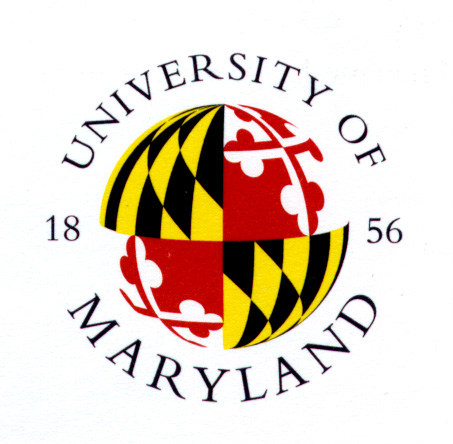Speakers
- The following speakers are confirmed:
- Sun-Yung Alice Chang (Princeton)
- Title: Moser-Onofri inequality and the sigma_2 functional.
- Abstract:
T. Branson has a famous remark viewing the Moser-Onofri inequality on the 2-sphere as the limiting case of the Sobolov embedding inequality on a d-dimensional sphere as d tends to 2. In the first part of the talk I will present a proof that makes this remark rigorous. In the second part of the talk I will discuss the analogue of the functional on the sigma_2 curvature on 4-manifolds, following the recent work of Gursky-Streets, I will discuss the sharp inequality of the functional on the 4-sphere and the scheme to achieve the minimum for the functional on a class of metrics on 4-manifolds.
-
- Jake Solomon (Hebrew)
- Title: Point-like bounding chains in open Gromov-Witten theory.
- Abstract:
Over a decade ago, Welschinger defined real enumerative
invariants in dimensions 2 and 3. It has remained an open problem to
extend these invariants to higher dimensions. I will discuss a solution
to this problem in the language of open Gromov-Witten theory. The key
idea is that boundary point constraints should be replaced with
canonical gauge equivalence classes of Maurer-Cartan elements (bounding
chains) in the relevant Fukaya A-infinity algebra. The resulting
invariants satisfy an open WDVV equation. All invariants for projective
spaces have been calculated. In connection with open WDVV, a relative
version of the quantum product appears. Real structures do not play an
essential role in our arguments. This is joint work with S. Tukachinsky.
- Steve Zelditch (Northwestern)
- Title: Local and Global Harmonic Analysis.
- Abstract:
Harmonic analysis is about eigenfunctions of the Laplacian
on Riemannian manifolds. It begins with Fourier analysis on Euclidean space or tori and proceeds to other metrics and
manifolds. Local Harmonic analysis is about the analysis
of eigenfunctions on `small balls' of radius equal to a few hundred
wavelengths. Global Harmonic analysis uses the wave equation
and geodesic flow. A well-known case is quantum chaos, which
studies the effect of ergodicity of the geodesic flow on the structure
of eigenfunctions. This talk is about recent results on nodal sets
of eigenfunctions obtained by both local and global methods.
|





